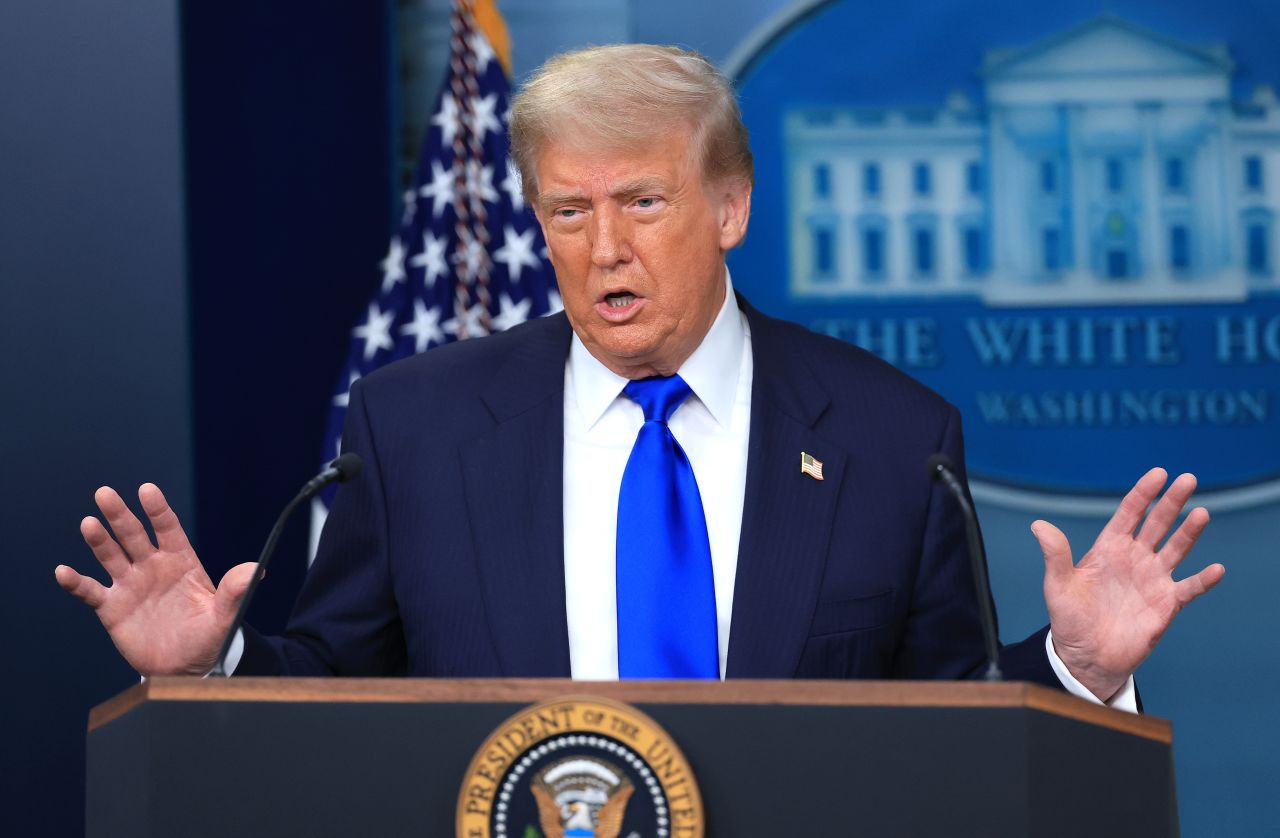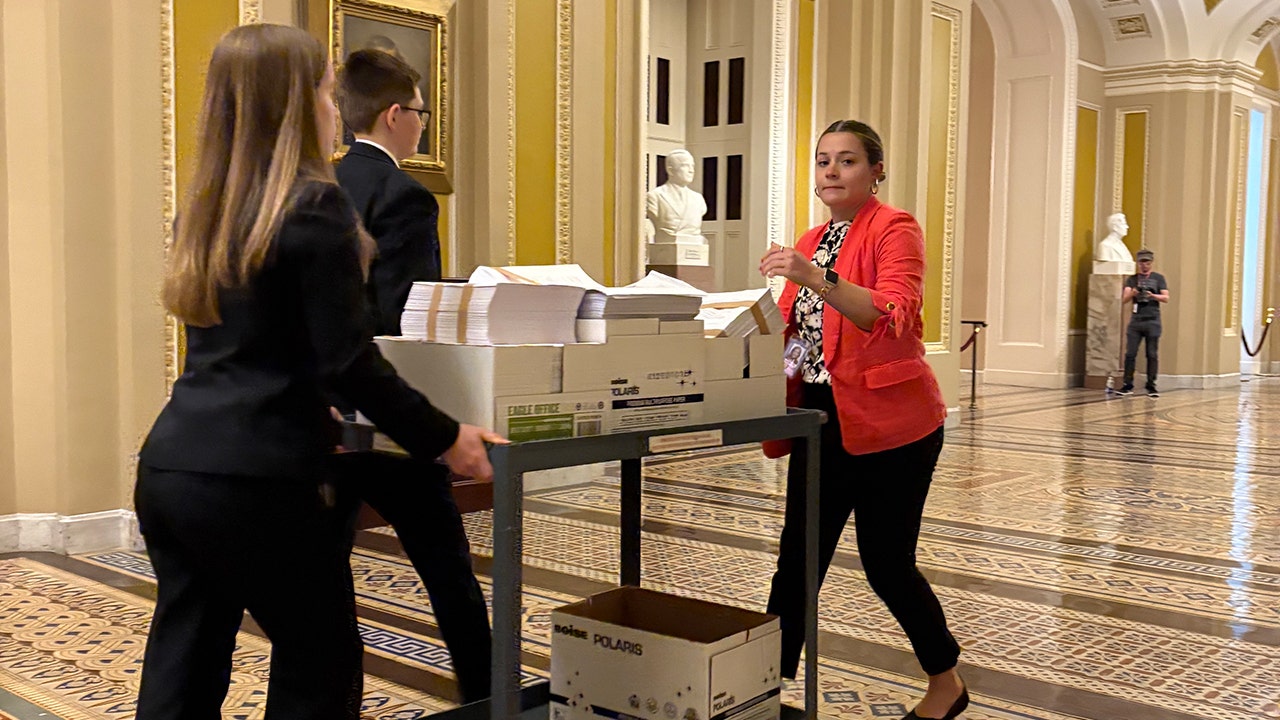Democrats and some Republicans are raising alarm about the impact of changes to Medicaid in President Donald Trump’s “big, beautiful bill,” which GOP leaders worked through the weekend to advance in the Senate.
Here’s what to know about this sticking point for some Republicans:
How it would impact Americans: The Senate version of Trump’s agenda bill would leave 11.8 million more people without health insurance in 2034, according to analysis the nonpartisan Congressional Budget Office released yesterday.
That’s more than the 10.9 million more people projected to be left uninsured by the House-passed version of the bill.
Both chambers are calling for historic spending cuts to Medicaid, which provides coverage to more than 71 million low-income Americans. The package would also enact changes to the Affordable Care Act that are projected to reduce enrollment in the landmark health reform law.
But the Senate version calls for even deeper cuts to the Medicaid, leading to the larger estimate.
It’s emerged as a key issue for holdouts: Only two Republicans voted against advancing Trump’s bill in a key procedural vote late Saturday. One of them — Sen. Thom Tillis, who announced yesterday that he will not run for reelection next year — has specifically voiced concerns about the impact Medicaid cuts would have on his constituents.
Other GOP lawmakers who are pursuing changes to the bill before a final vote, including Sen. Susan Collins, have also signaled hesitance about changes to the program.
Trump allies push back: Republican Sen. Markwayne Mullin, a top Senate negotiator for the president’s bill, dismissed Tillis’ criticism in an interview yesterday.
The bill will cut “waste, fraud and abuse” from Medicaid, Mullin said on NBC’s “Meet the Press.” He argued that too many people above the poverty line are receiving benefits, and the bill would only eliminate those who “should never be there” in the first place.
GOP Sen. Jim Banks also defended the bill in an interview Sunday morning, telling Fox News that the cuts would only affect “able-bodied Americans” who “shouldn’t receive Medicaid without working.”



























